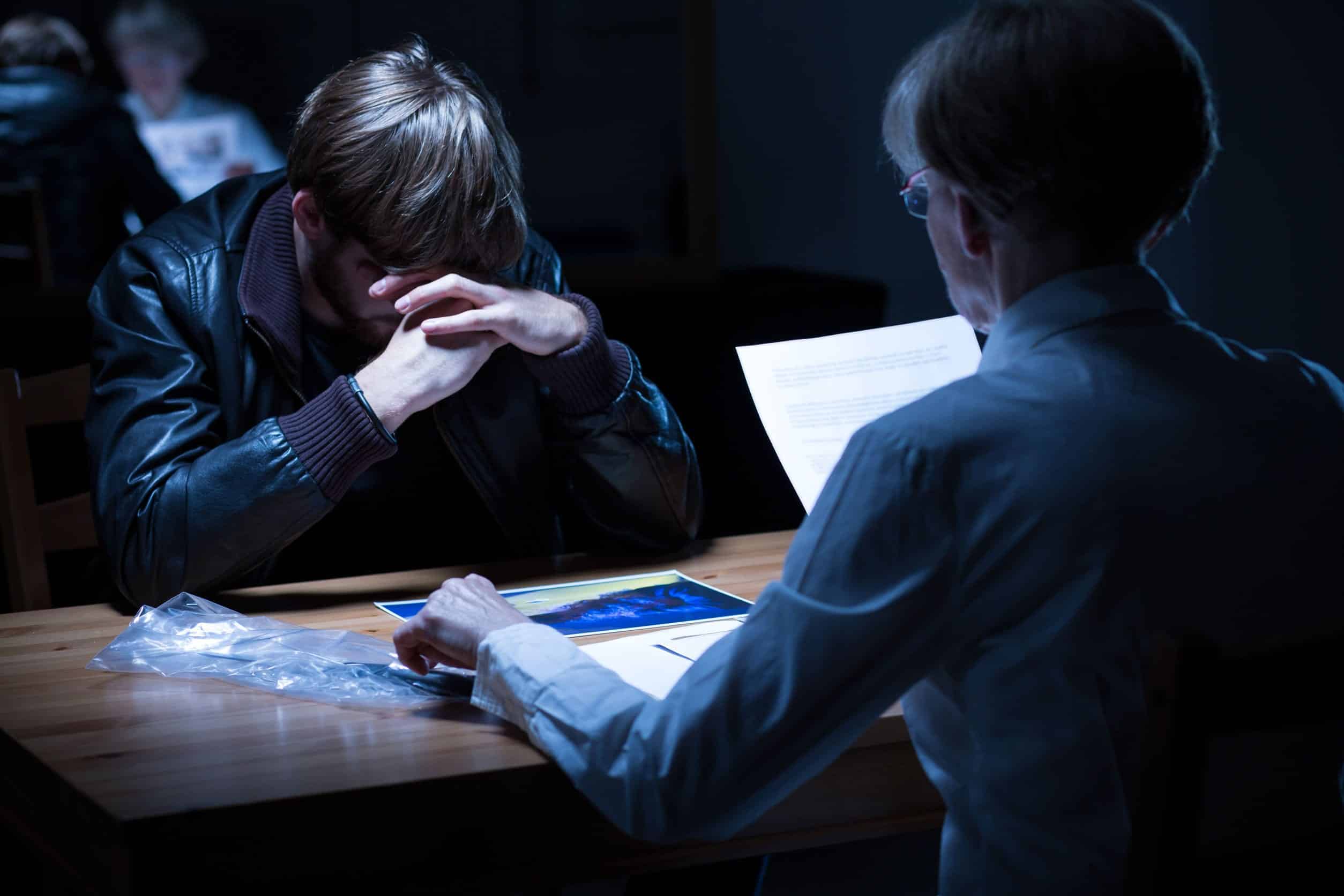- Home
- THE FIRM+
- Criminal Defense+
- CASE RESULTS
- AREAS WE SERVE+
- FAQ’s
- Blog
- Contact
AZHARI LLC BLOG
Nov. 25 2020
Aggravating Factors in an Illinois Sex Crime

Posted By: Sami Azhari
Category:
If you live around the Palatine area, you might have seen recent news of a man who was arrested on a count of aggravated criminal sexual abuse.
The man faces a bond of $100,000 and if he can post, he must still remain under electronic home monitoring. He is also forbidden from contact with the victim or anyone who is under the age of 18.
One can assume what a sexual abuse crime entails, but what about the term “aggravated?” What makes a crime “aggravated” as opposed to any “regular” crime? Knowing this difference can make a difference in your sex crime case!
If you have been charged with any sort of sex crime in Illinois, aggravating factors may just change the nature of your case (and the penalties you face.)
About Aggravated Offenses
Not all crimes involve the same victims, relationships, or circumstances. Committing sexual abuse against a minor, for example, is typically considered more “criminal” than committing sexual abuse against an adult.
Committing sexual abuse against someone who is elderly or handicapped may also be considered a worse crime than the commission of the same act against a younger or able-bodied person.
How do legislators determine the appropriate penalties for a crime that is more severe? They look at the “aggravating factors” in that crime, and make appropriate charges.
Each state has a different set of “aggravating factors,” just like they have different charges and penalties for similar crimes. What may be considered a felony in one state may only be a misdemeanor one state over.
Illinois makes the distinction between “aggravated” and “simple” offenses when dealing with the following crimes:
- Assault and battery
- DUI and reckless driving
- Identity theft
- Robbery
- Sexual abuse and sexual assault
When a crime is considered “aggravated,” it typically comes with a higher charge, more time behind bars, and heftier fines.
Criminal Sexual Abuse vs. Aggravated Criminal Sexual Abuse
Illinois law identifies multiple sex crimes, ranging from unlawful sexual conduct to aggravated criminal sexual assault. Criminal sexual abuse charges are not the “most severe” of these crimes but they certainly come with some serious penalties.
Criminal sexual abuse occurs in Illinois if a person:
- Commits an act of sexual conduct by the use of threat or force
- Commits an act of sexual conduct knowing that the victim cannot give consent to the act
- Is under 17 years of age and commits sexual penetration or conduct with a victim between the ages of 9-17
- Is less than five years older than a victim who is 13-17
This crime may involve two adults or two children under the age of 17. When an adult and a child are involved in sexual conduct, the charges may be more severe.
Factors That Aggravate Criminal Sexual Abuse
If law enforcement officers can determine that at least one aggravating factor is present, the crime then becomes aggravated criminal sexual abuse. Aggravating factors are present if:
- The victim is 60 years or older or physically handicapped
- The alleged offender carried a dangerous weapon during the commission of the crime
- Another felony was committed during the act (robbery, theft, etc.)
- The alleged offender caused bodily harm to the victim or threatened the victim’s life
- Controlled substances were delivered to the victim before or during the act
- The victim is under the age of 17, and the alleged offender is a family member
- The alleged offender is over the age of 17, and the victim is under the age of 12
- The alleged offender is under the age of 17, and the victim is under the age of 8
Penalties for Sexual Abuse Charges
Both sex abuse crimes — simple and aggravated — are considered felonies but they each carry very different sentences.
Criminal sexual abuse is a Class 4 felony, which can end in up to three years in jail. Aggravating factors can elevate a criminal sexual abuse charge to a Class 2 felony — 3-7 years behind bars.
Additional penalties include a spot on Illinois’s sexual offender registry. If a sex crime is “simple” or “aggravated,” you will have to register periodically and appear on this list. Employers, landlords, and neighbors can access this registry and see your past record.
In Every Case, You Are Innocent Until Proven Guilty
Have you been arrested for a sex crime? Remember, you are innocent until proven guilty. While the number of defense strategies against sex charges can be limited, every case is different, and yours is surrounding by unique circumstances.
As a result, an evaluation may prove it is entirely possible to reduce your charge or get the charge dropped altogether.
Conclusion
If you did not know the age of the alleged victim, or if you have just been falsely accused, for instance, do not lose hope. Reach out to an Illinois sex crimes lawyer for more information on available defense strategies.
About the Author
Sami Azhari has been working as a lawyer since 2007, after receiving his Juris Doctor from the Michigan State University College of Law. He has handled numerous state and federal cases and is known throughout the Chicago and Rolling Meadows area for providing his clients with high-quality, skilled representation. He has been recognized by Avvo (2013 and 2018), SuperLawyers (2015-2020), The National Trial Lawyers, and other notable organizations, and has spoken at a number of legal conferences.



























































